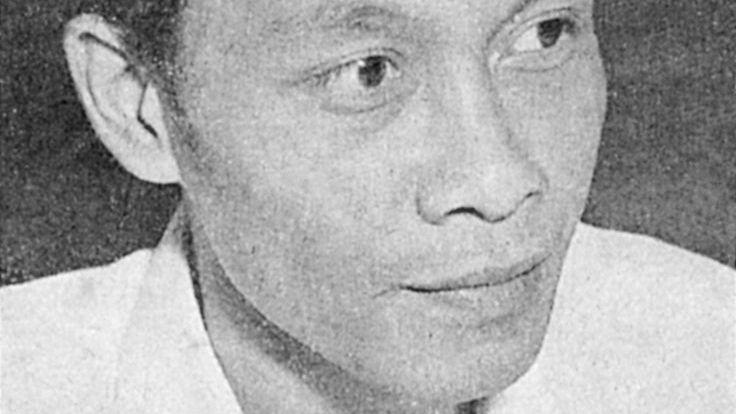Indonesia's "Gifted" Independence
- Denisa Mayari
- Mar 21, 2023
- 3 min read

During World War II, Japan occupied Indonesia and exploited the Indonesian people and resources to further their war efforts—a part of their famous quest for power over a large part of the Asia Pacific region. The Japanese were notably cruel, yet Indonesia's independence is sometimes credited to their "kind" act of surrendering, on top of the unique role they played in the history of Indonesia. During the Dutch colonial era, native Indonesians were relegated to second-class status, or possibly worse, within their own country. It is likely that the idea that our independence is a gracious gift originated because, in contrast to the Dutch, the Japanese occupation helped our nation in many ways, both consciously and inadvertently, creating developments that brought them closer to independence.
The Japanese and the Dutch had quite different attitudes regarding the people of Indonesia and Indonesian culture throughout their respective periods of colonial rule. The Japanese performed some beneficial things for Indonesians that the Dutch did not. The rise of Indonesian nationalism during World War II can be traced back in part to the country's occupation by the Japanese. The Japanese were instrumental in the rise of local political groups like the Indonesian National Party (PNI), which fought for an independent Indonesia. The Dutch, on the other hand, were staunchly opposed to the idea of Indonesian independence.
The establishment of schools by the Japanese for the people of Indonesia resulted in the provision of education to a significant number of people in Indonesia who had not previously had this opportunity. Many Indonesians were given opportunities to study in Japan, opening up educational and cultural interaction and communication between the two countries. During their occupation of Indonesia, the Japanese government made a number of investments in the country's economy. In addition to constructing physical structures like roads and bridges, they also established new economic sectors including the production of oil, coal, and rubber. The result was a more modernized economy and the creation of jobs for many Indonesians.
During the Japanese occupation of Indonesia, certain Indonesians were given the opportunity to participate in military training that was supplied by the Japanese. When the Indonesian National Revolution broke out, this education helped to form a fighting force that fought the Dutch Empire. Ultimately, the "good" things the Japanese enabled in Indonesia, such as those listed above, have contributed to the idea that independence was a "gift" that our forefathers had to gratefully and humbly receive. We must not forget, however, that the Japanese occupation of Indonesia was not problem-free.
The Japanese were notoriously cruel to the people of Indonesia, engaging in practices such as forced labor and torture. War crimes were committed by the Japanese during their occupation, adding insult to injury for the many Indonesians who were already oppressed by colonial powers for centuries. After the end of World War II in 1945, Japan capitulated, and its colonial rule over Indonesia came to an end. When the previous administration dwindled, Indonesian nationalists seized the opportunity to declare independence and set up a new government. Many people view Indonesia's independence as a gift from the Japanese because some experts believe that Japan's defeat and retreat from Indonesia established the circumstances necessary for the country to be declared independent.
The independence of Indonesia was not simply given over to the country by the Japanese or anyone else for that matter; rather, it was the result of a long and painful fight. It was obtained as a result of the unrelenting efforts of Indonesian nationalists who fought for the independence of their country. Finally, Indonesia's independence declaration in 1945 was a watershed moment, ushering in a new era of national pride as well as independence. There is no doubt that Indonesia's independence, like a gift, is something to be treasured; it was not easily won. However, viewing this gift as a blessing bestowed upon our nation by the Japanese rather than as something that was earned through the blood, sweat, and tears of our ancestors is inappropriate and downright insulting.
If anything, Indonesia's independence is a fundamental right more than it is a gift. The sovereignty of Indonesia is a sacred principle that cannot be bargained for or offered as a present. It is a right that is inherent to the people of Indonesia, and it is imperative that this right be defended and maintained. As Indonesians, we must carry on the arduous work of our forefathers to establish a democratic society that reflects their principles and aspirations, as well as our own. We must also continue to be committed to preserving the values of freedom, fairness, and unity upon which our nation's independence was founded.


.png)



Comments